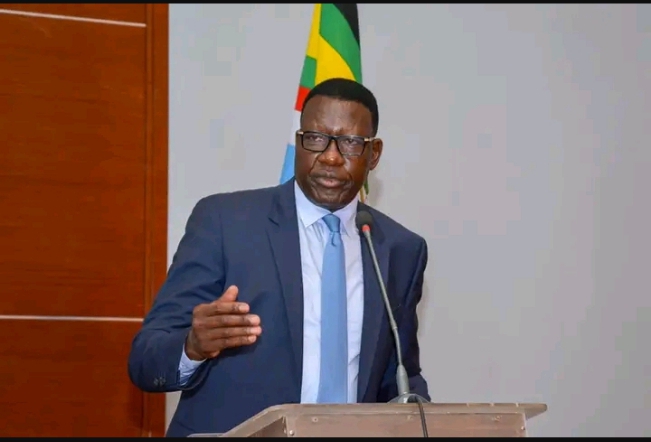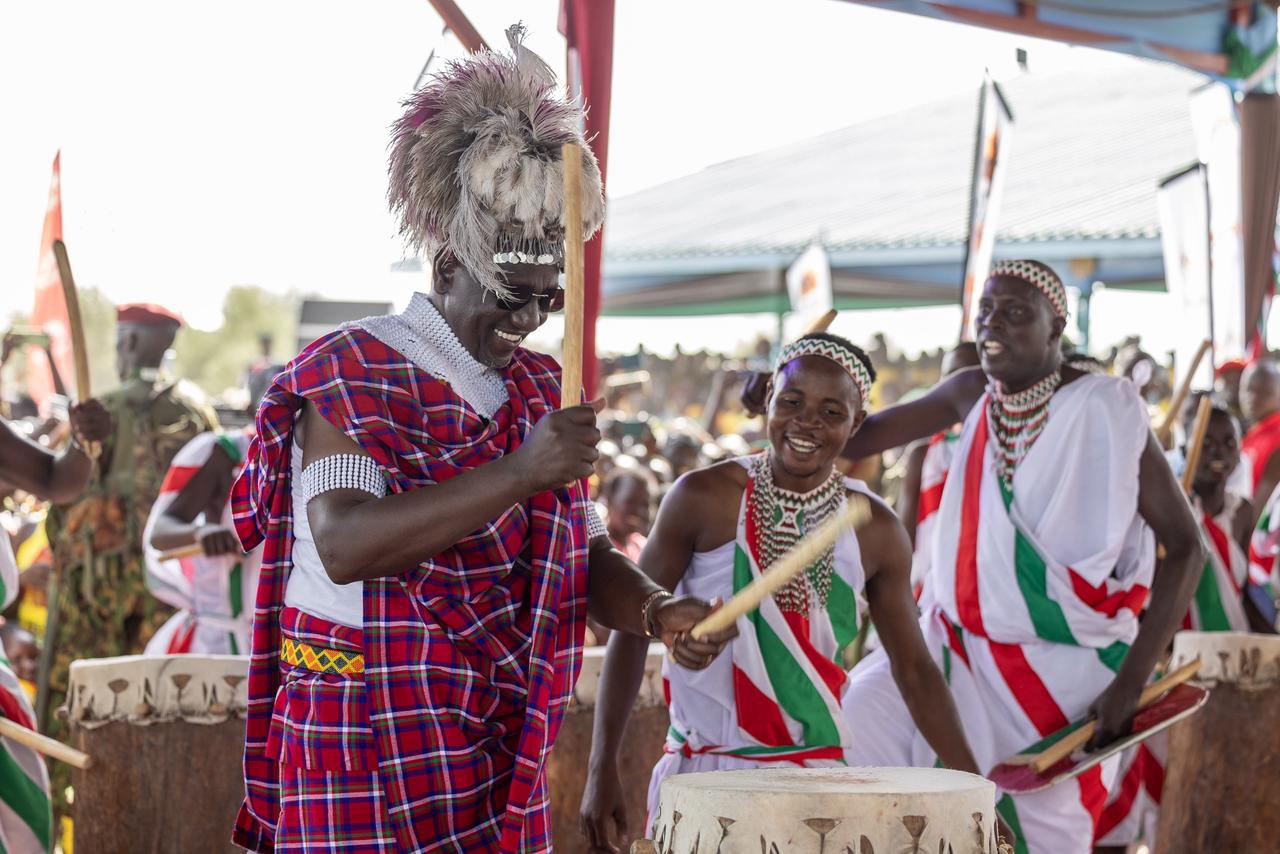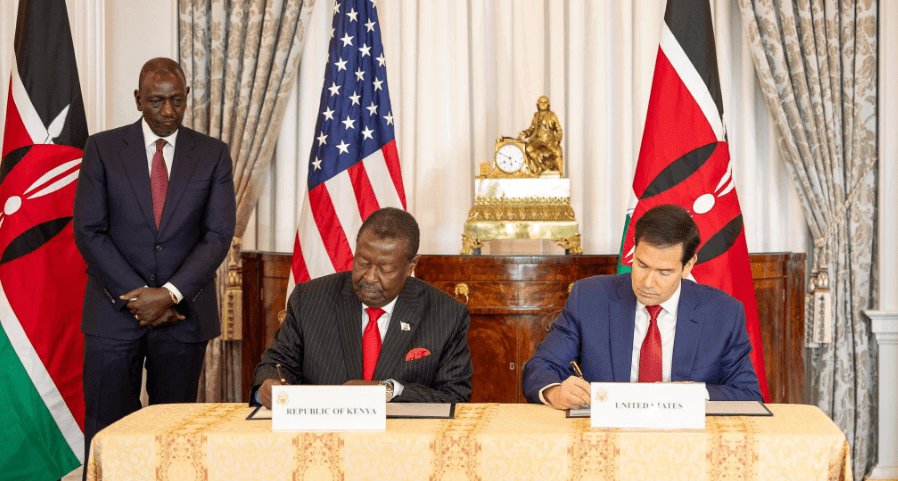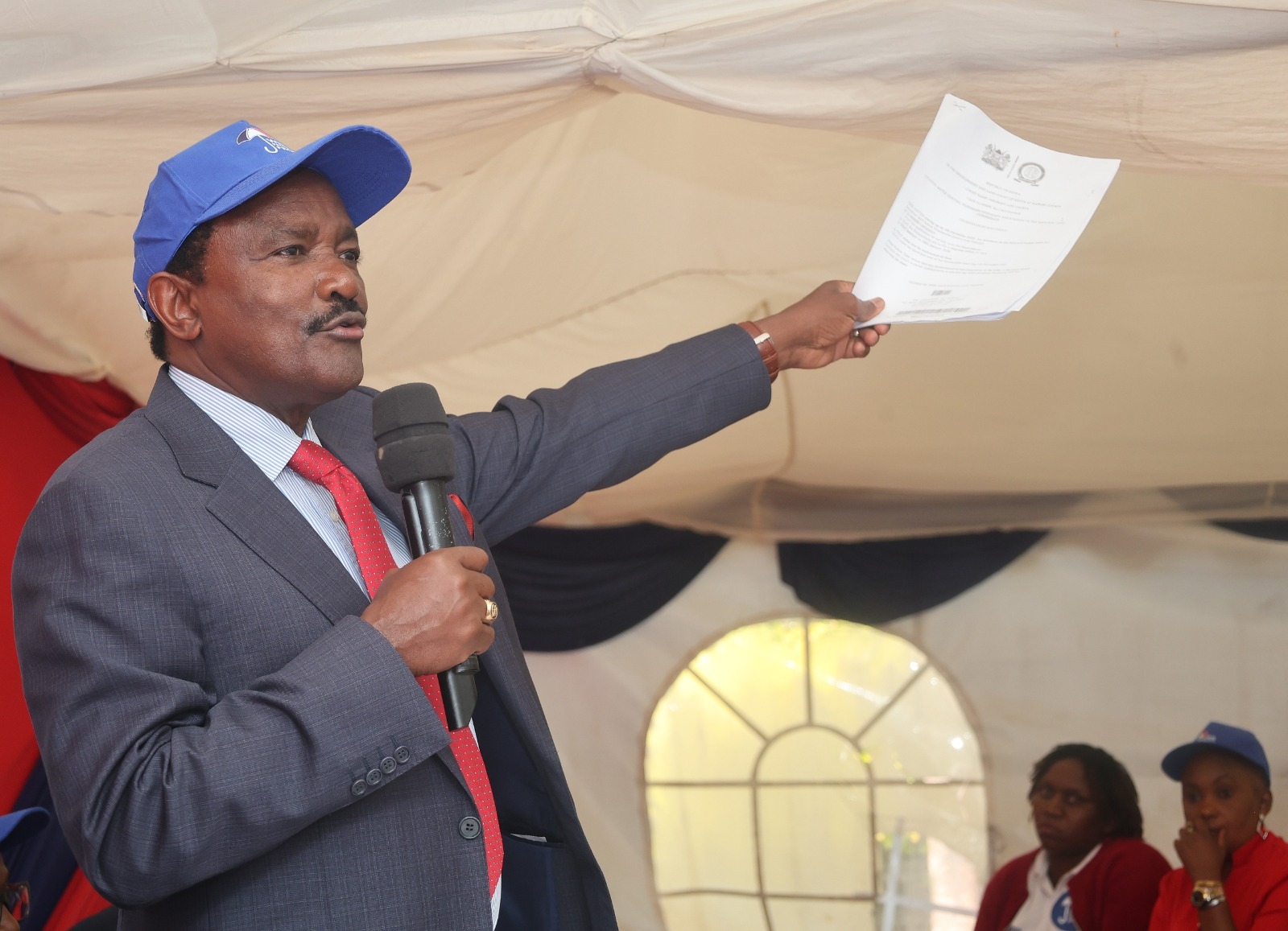
Roads and Transport Cabinet Secretary Davis Chirchir has moved to reassure the public that the ongoing fuel levy securitisation plan is transparent and above board, contrary to claims from some quarters.
Chirchir said the programme is being implemented with complete openness and in strict adherence to legal and financial protocols.
“We wish to reassure the public that there is no secrecy in this process,” Chirchir stated.
According to the CS, all the necessary approvals were met, with the process undergoing comprehensive due diligence.
“All statutory requirements were fulfilled, and the process underwent due diligence, approvals, and oversight by the National Treasury and the Attorney General’s office to ensure compliance with Kenya’s financial laws,” Chirchir said in a statement.
The Kenya Roads Board (KRB), the implementing agency, he added, is ready to openly engage with stakeholders, Parliament, the media, and the public to explain the structure, benefits, and safeguards of this innovative financing model.
He was responding to recent media reports concerning the ministry’s initiative to raise funds to settle verified pending bills in the roads sector, which currently total Sh175 billion.
Kiharu MP Ndindi Nyoro had on Tuesday poked holes into the government's decision to securitise the levy and borrow Sh175 billion against it, without parliamentary approval or public disclosure.
“This borrowing is not captured in official debt records, and Parliament was never consulted. That raises grave concerns about transparency, legality, and long-term fiscal sustainability,” he said.
Chirchir said the initiative is a strategic financial solution implemented through the KRB, a statutory body established under the Kenya Roads Board Act, Cap. 408A of the Laws of Kenya.
The CS explained that upon assuming office, the Kenya Kwanza administration inherited a substantial backlog of pending bills, commitments made by the previous administration, that had remained unpaid.
This backlog led to the suspension of over 580 road projects across the country, placing immense pressure on the government’s development agenda and negatively impacting contractors, workers, and communities awaiting critical infrastructure, he remarked.
Recognising the urgency of the situation, Chirchir said the government evaluated several financing options to address these obligations.
“Among the options carefully evaluated, securitisation emerged as the most viable and legally sound mechanism to unlock funds in a manner that does not burden the exchequer with additional debt, which was indicated in the Kenya Kwanza’s manifesto,” he explained.
Chirchir emphasised that securitisation is not the creation of new debt.
Instead, he clarified that it involves the sale of rights by the KRB to a Special Purpose Vehicle (SPV) to receive a designated portion, Sh7 of the current Sh25 per litre, of the Road Maintenance Levy.
The SPV, acting independently, raises funds upfront based on these rights and uses them to pay the verified pending bills.
“This structure is without recourse to the Kenya Roads Board,” Chirchir explained.
“That means the Board has no liability beyond the sale of these specific rights.”
This approach, he said, ensures timely payment to contractors, revives stalled road projects, and delivers much-needed infrastructure improvements, all without adding to Kenya’s debt burden.
The remainder of the Road Maintenance Levy will continue to fund ongoing road development and maintenance.
Chirchir reiterated the government’s commitment to restoring confidence in the roads sector by clearing inherited debts, restarting stalled projects, and ensuring that infrastructure development remains a key driver of economic growth
















